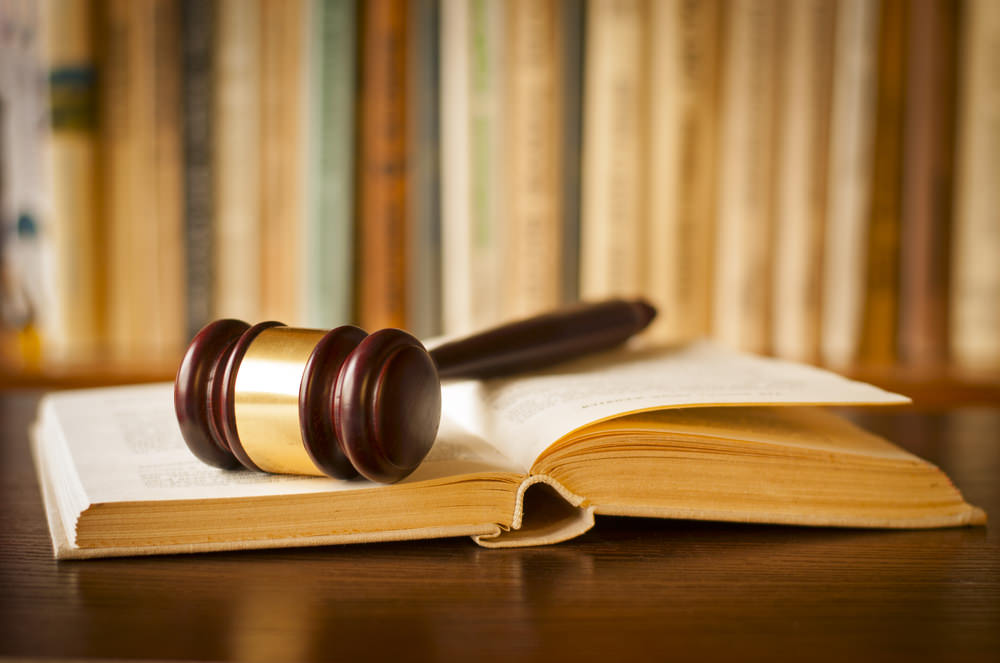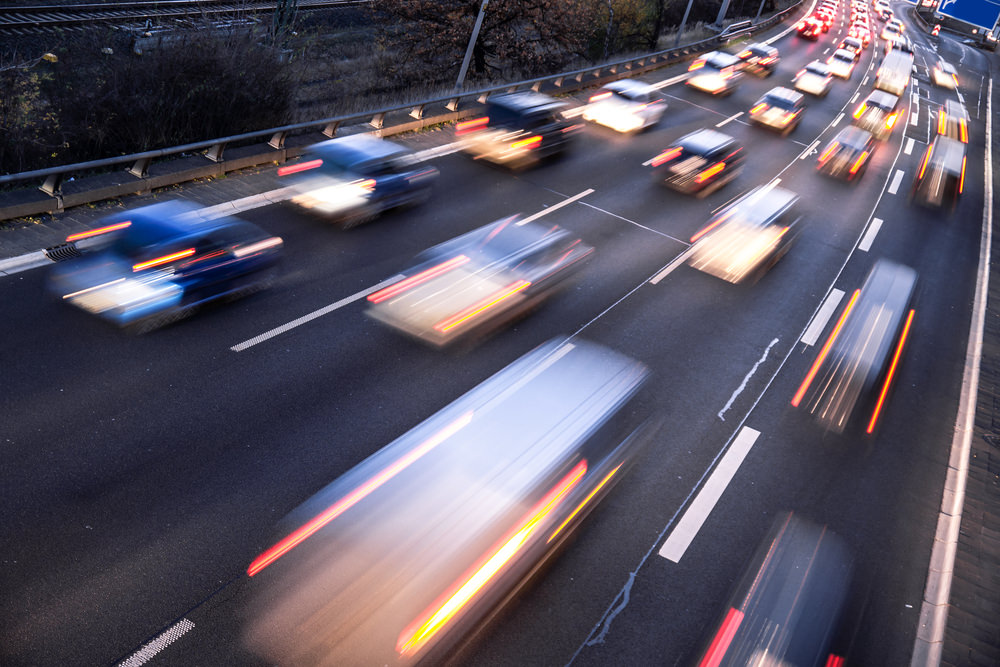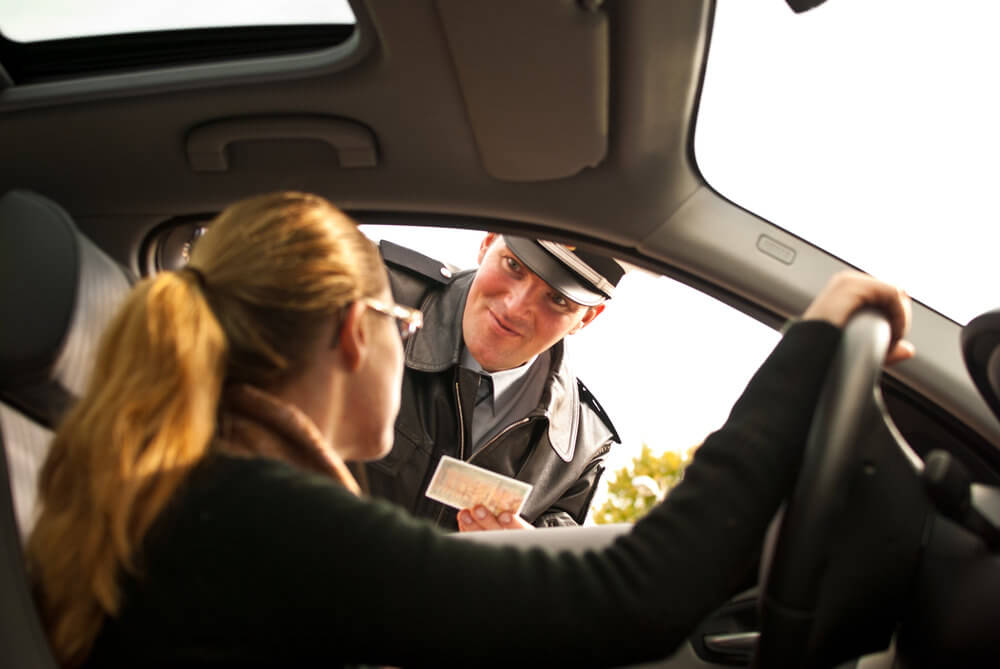 1. You have a friend or relative who is a police officer. Although this may work occasionally – depending on who you know and how closely you are connected to him/her – more often than not, mentioning your distant connection to law enforcement, even when done with the best intentions, can backfire. Many officers will not think your friend or relative’s position with, say, the New York State Troopers is relevant to whether you should be cited for speeding in Georgia. Worse yet, it can come across as inappropriate and off-putting. Contrary to popular belief, many speed reductions or warnings (in lieu of a citation) are the result of being genuinely respectful and pleasant during the encounter.
1. You have a friend or relative who is a police officer. Although this may work occasionally – depending on who you know and how closely you are connected to him/her – more often than not, mentioning your distant connection to law enforcement, even when done with the best intentions, can backfire. Many officers will not think your friend or relative’s position with, say, the New York State Troopers is relevant to whether you should be cited for speeding in Georgia. Worse yet, it can come across as inappropriate and off-putting. Contrary to popular belief, many speed reductions or warnings (in lieu of a citation) are the result of being genuinely respectful and pleasant during the encounter.
 2. You know your rights because you went to law school or studied criminal justice. In almost every instance, telling the officer you know your rights is an immediate indicator that you, in fact, do not fully comprehend your rights. Very few drivers have a clear understanding of the full scope of their constitutional protections during a traffic stop. And far fewer have any idea as to how to invoke those protections. Usually this statement is viewed as an attempt to intimidate the officer so that he will not issue the citation. However, even a law degree from Harvard will not prevent a police officer from issuing a traffic ticket. In fact, it likely only serves to make issuing the traffic ticket all the more gratifying.
2. You know your rights because you went to law school or studied criminal justice. In almost every instance, telling the officer you know your rights is an immediate indicator that you, in fact, do not fully comprehend your rights. Very few drivers have a clear understanding of the full scope of their constitutional protections during a traffic stop. And far fewer have any idea as to how to invoke those protections. Usually this statement is viewed as an attempt to intimidate the officer so that he will not issue the citation. However, even a law degree from Harvard will not prevent a police officer from issuing a traffic ticket. In fact, it likely only serves to make issuing the traffic ticket all the more gratifying.
 3. You were just keeping up with traffic.This is usually brought up in a manner that implicitly (or explicitly) accuses the officer of unjustly singling out an individual driver. Although it may feel very unfair in the moment, the officer is not singling you out. The fact that “everyone” was speeding is probably why that location has been selected for speed enforcement. Despite the fact that “keeping up with traffic” feels like a perfectly reasonable explanation, is not a legal defense or justification.
3. You were just keeping up with traffic.This is usually brought up in a manner that implicitly (or explicitly) accuses the officer of unjustly singling out an individual driver. Although it may feel very unfair in the moment, the officer is not singling you out. The fact that “everyone” was speeding is probably why that location has been selected for speed enforcement. Despite the fact that “keeping up with traffic” feels like a perfectly reasonable explanation, is not a legal defense or justification.
 4. You are going to hire a lawyer. It is always important to talk to a lawyer when you are charged with a criminal or traffic offense. However, an intemperate remark to this effect while the officer is writing the ticket serves no useful purpose – other than to make you that much more memorable later in court. Since officers frequently have a lot of discretion about how your ticket will be prosecuted in court – including fine and speed reductions – it is usually to your advantage to make a favorable impression or at the very least be completely forgettable during the traffic encounter.
4. You are going to hire a lawyer. It is always important to talk to a lawyer when you are charged with a criminal or traffic offense. However, an intemperate remark to this effect while the officer is writing the ticket serves no useful purpose – other than to make you that much more memorable later in court. Since officers frequently have a lot of discretion about how your ticket will be prosecuted in court – including fine and speed reductions – it is usually to your advantage to make a favorable impression or at the very least be completely forgettable during the traffic encounter.
 5. Ask him for his badge number and spelling of his name. Knowing the officer’s name is important information to have, however his name and badge number will always be on the ticket. Most of the time this question is asked in a terse, pseudo-threatening manner that implicitly challenges his authority – or at least suggests that you have concerns about the manner in which he has handled the traffic stop. Although many traffic tickets are worth fighting in court, it is never a good idea to antagonize the officer while he is issuing you a speeding ticket on the side of the road. If an officer treats you unfairly during a traffic stop, be sure to address that behavior in court, or at a later time with the police department — but do not confront him in this manner while he is writing up the traffic citation on the side of the road.
5. Ask him for his badge number and spelling of his name. Knowing the officer’s name is important information to have, however his name and badge number will always be on the ticket. Most of the time this question is asked in a terse, pseudo-threatening manner that implicitly challenges his authority – or at least suggests that you have concerns about the manner in which he has handled the traffic stop. Although many traffic tickets are worth fighting in court, it is never a good idea to antagonize the officer while he is issuing you a speeding ticket on the side of the road. If an officer treats you unfairly during a traffic stop, be sure to address that behavior in court, or at a later time with the police department — but do not confront him in this manner while he is writing up the traffic citation on the side of the road.
EHGlawfirm.com provides the information in this website for informational purposes only. The information is not intended to be legal advice and should not be construed as such. The use of this site does not create an attorney-client relationship. Each case is unique. Case results depend on a variety of factors unique to each case, and the results of any case do not guarantee or predict a similar result in any future case undertaken by any lawyer.
